ELIZABETH II

Lords Spiritual Reform Act 2020
2020 CHAPTER 25
An Act to reform the Lords Spiritual to better reflect the diversity of the country's religious communities, including representatives from non-Christian and non-Abrahamic faiths, and for connected purposes.| Bill ID | LB010 |
|---|---|
| Author(s) | |
| Amended by | |
| First reading | 2020 July 25 |
| Royal assent | 2020 November 21 |
| Commencement | 2021 January 1 |
| Affected legislation |
Bishoprics Act 1878 (1878 c. 68) Lords Spiritual (Women) Act 2015 (2015 c. 18) |
Be it enacted by the Queen's most Excellent Majesty, by and with the advice and consent of the Lords Spiritual and Temporal, and Commons, in this present Parliament assembled, and by the authority of the same, as follows:
1 Definitions
- In this Act, the “Lords Anglican” are the twenty-six bishops of the Church of England serving in the House of Lords by virtue of being a bishop.
- In this Act, the “Lords Spiritual” are the fifty members of the House of Lords as defined below.
2 Lords Anglican
- The Lords Anglican no longer sit in the House of Lords.
- Any of the Lords Anglican unseated by the passage of this Act who have not been selected by the Church of England to sit as a Lord Spiritual under the provisions of Schedule 1 may at any time join the peerage and sit in the House of Lords as a Lord Temporal.
- The Bishoprics Act 1878 is repealed.
3 Lords Spiritual
- The Lords Spiritual consist of 50 leaders of faith communities appointed to the House of Lords as specified in Schedule 1 (Appointment of Lords Spritual).
- Any of those Lords Spiritual sitting in the Lords previously to the commencement of this Act who would not be otherwise eligible under the terms of this Act may at any time join the peerage and sit in the House of Lords as a Lord Temporal.
- The Lords Spiritual shall be be appointed so that there is at least one peer representing the faith communities of Buddhism, Christianity, Hinduism, Islam, Reform Judaism, Orthodox Judaism, Sikhism, Paganism, and all other religions; the remaining 41 peers shall be appointed in proportion to the populations of each faith community.
- The distribution of Lords Spiritual among different faith communities shall be reviewed by the Office for National Statistics every 10 years, and shall provide to Parliament recommendations for changes in the distribution of seats.
- The Office for National Statistics may recommend the addition of an additional guaranteed Lord Spiritual for any faith community it deems to be significant enough in population and distinct enough in doctrine to warrant a seat in its own right.
- If a member of the Lords Spiritual is a member of any political party, that member loses the right to sit in the House of Lords.
- The selection of Lords Spiritual by the Appointments Commission must be made in consultation with members of the relevant faith community; the persons nominated must be held in high regard by members of the faith communities they represent.
4 Gender Equality
- The Lords Spiritual (Women) Act 2015 is repealed.
- At any time, the gender distribution of Lords Spiritual appointed under each section of Schedule 1 (Christianity, Islam, Judaism and Other Religions and Faiths) must reflect as closely as possible that of the country overall, plus or minus one whole Lord Spiritual.
5 Commencement, short title, and extent
- This Act applies to the entirety of the United Kingdom.
- This Act may be cited as the Lords Spiritual Reform Act 2020.
- This Act comes into force on the 1st of January 2021.
Schedule 1: Appointment of Lords Spiritual
The Lords Spiritual are to consist of the following:
12 members selected by the Church of England;
7 members selected by the Roman Catholic Church;
2 members selected by the Church of Scotland;
1 member selected by the Methodist Church of Great Britain;
14 faith leaders of other Christian traditions selected by the Appointments Commission;
6 Muslim imams or faith leaders selected by the Appointments Commission;
1 Orthodox Jewish rabbi selected by the Appointments Commission;
1 Reform Jewish rabbi selected by the Appointments Commission;
1 member selected by the Hindu Forum of Britain;
1 Sikh faith leader selected by the Appointments Commission;
1 Buddhist faith leader selected by the Appointments Commission;
1 Pagan faith leader selected by the Appointments Commission; and
1 faith leader from another religion, faith, or tradition selected by the Appointments Commission.